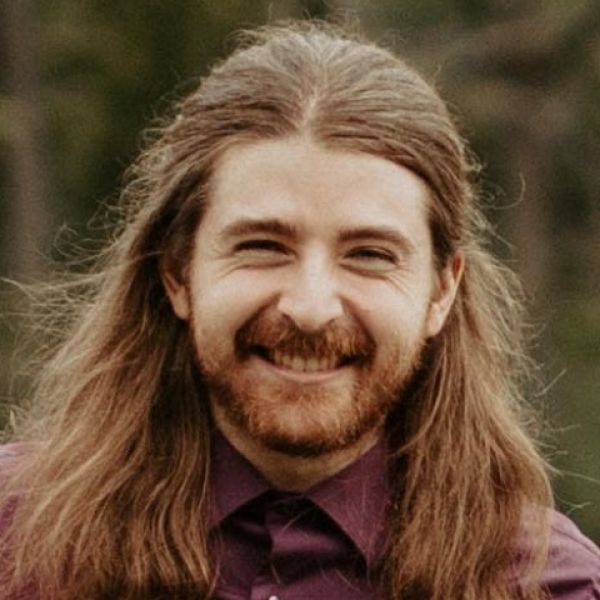Nov 13, 2024
Neuroscience student wins National Research Service Award fellowship
Chad Brunswick, a Ph.D candidate in the Huck Institutes’ intercollege graduate degree program in Neuroscience, has been awarded a prestigious National Research Service Award (NRSA) from the National Institute on Aging, one of the constituent institutes of the National Institutes of Health (NIH).

“I am honored to have been awarded an NIH fellowship,” said Brunswick, an advisee of Assistant Professor of Biology Janine Kwapis, who also serves as director of the Huck’s Center for Molecular Investigation of Neurological Disorders. “And I’m grateful to the NIH for supporting research into this understudied area of cognition.”
Previous work on memory formation and updating has shown that existing memories can be modified to incorporate new or changed information, and molecular and behavioral evidence suggests that the process is fundamentally different from forming a new memory. With age, an individual’s ability to modify existing memories is diminished, leading to cognitive inflexibility where patterns of behavior can become rigid and resilient to change.
“We will investigate the molecular and cellular mechanisms underlying this age-related updating deficits using a rodent model of memory updating our lab has designed,” said Brunswick, “Previous work from our lab has shown that inhibiting the enzyme histone deacetylase 3 (HDAC3) during memory updating can rescue these age-related deficits, but we do not know the mechanism by which this occurs. We know that HDAC3 acts to repress the expression of other genes, so we will be using RNA-sequencing to see which genes are being aberrantly inhibited in the aging brain during memory updating.”
“We will also examine which neurons the aging brain is using to store the memory updates, as we believe that HDAC3 may be preventing the update from being stored in the same neurons encoding the original memory.”
Research in the Kwapis Lab centers around the molecular and epigenetic mechanisms underlying long-term memory formation, storage, updating, and age-related memory impairments. Brunswick’s winning project—co-sponsored by Kwapis and Tom Gould, Shibley Professor of Biobehavioral Health—builds on that expertise.
“The work that Chad will conduct is important for basic discovery and for clinical application,” said Associate Professor of Biobehavioral Health Sonia Cavigelli, chair of the Neuroscience graduate program. “Memory updating is an essential skill for responding to ever-changing environments. Understanding mechanisms that underlie this process will provide novel information about this complex cognitive ability, but it will also provide clinically relevant information about specific processes affected during aging and that may lead to difficulty revising memories that help organisms thrive in a dynamic world.”
More information about NIH NRSA fellowships can be found on the NIH website. To find out more about the Kwapis Lab’s research, visit their lab website.